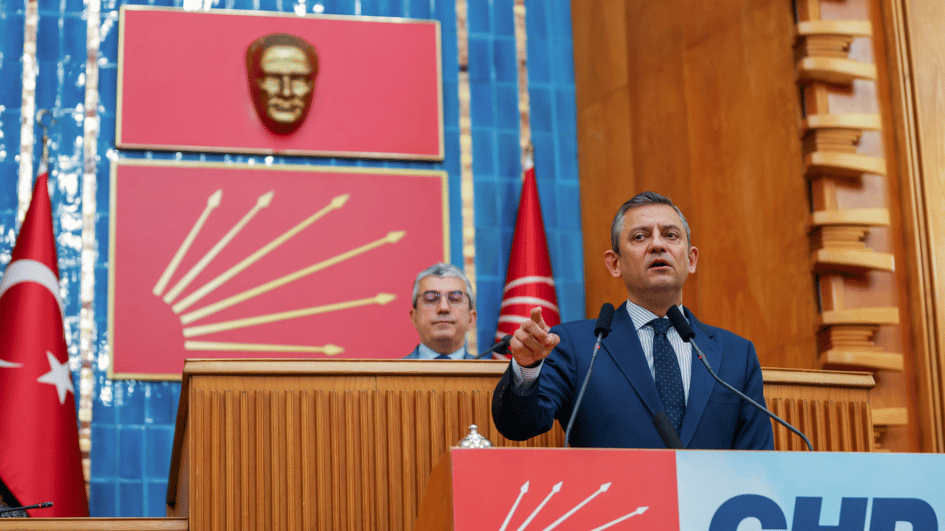Türkiye's first astronaut Gezeravcı begins operations at ISS
ISTANBUL

Türkiye’s first astronaut Alper Gezeravcı has commenced his groundbreaking work in the International Space Station (ISS) after SpaceX’s Dragon spacecraft successfully docked with the station.
The Dragon spacecraft carrying the Axiom-3 crew, which was launched on Jan. 19 at 12:49 a.m. from the Kennedy Space Center in Florida, U.S., has successfully docked with the ISS on Jan. 20 at 1:42 p.m.
Docking with the ISS took place in four stages after the spacecraft’s 36-hour journey.
Firstly, the capsule fine-tuned its route by firing its engines several times 420 km above the Earth's surface.
After the correction maneuvers, the journey to the ISS took another 2 hours. The ISS crew directed a capturing movement from the station and Dragon's automatic docking with the ISS began.
Finally, it took about 45 minutes after docking for the pressures of the two vehicles to equalize. Dragon's hatches opened at 3:30 p.m. and the first Turkish astronaut Gezeravcı glided into the ISS.
Seven "Expedition 70" astronauts and cosmonauts, who had started their space mission on Sept. 27, welcomed Gezeravcı and his teammates Michael Lopez-Alegria, Walter Villadei and Marcus Wandt at the station.
A ceremony was held for Gezeravcı and the three astronauts at the ISS. Gezeravcı thanked the welcoming crew for their hospitality and presented them gifts he brought from Türkiye.
"I would like to express my gratitude to Gazi Mustafa Kemal Atatürk and his comrades-in-arms who founded the Republic of Türkiye and entrusted it to us, to all our martyrs who gave their lives for the homeland, to our state, which enabled us to step here with its strong will, and to our nation, which provided us with the means. The future is in the skies," Gezeravcı said in his speech at the ceremony.
Gezeravcı also stated that he was looking forward to contributing to science and research studies.
At the end of the ceremony, badges were pinned on the suits of the astronauts.
Many people watched the docking of the spacecraft to the ISS from planetariums set up in city squares such as Kızılay in Ankara and Taksim in Istanbul. The historic moments were also broadcast live on television and available for streaming on the internet.
Gezeravcı will work on 13 different scientific experiments in the ISS, where he will stay for 14 days. Lopez-Alegria, Villadei and Wandt, will also carry out their own scientific studies in a number of predetermined fields. After the completion of their mission, the astronauts will leave the station in the Dragon capsule.
















